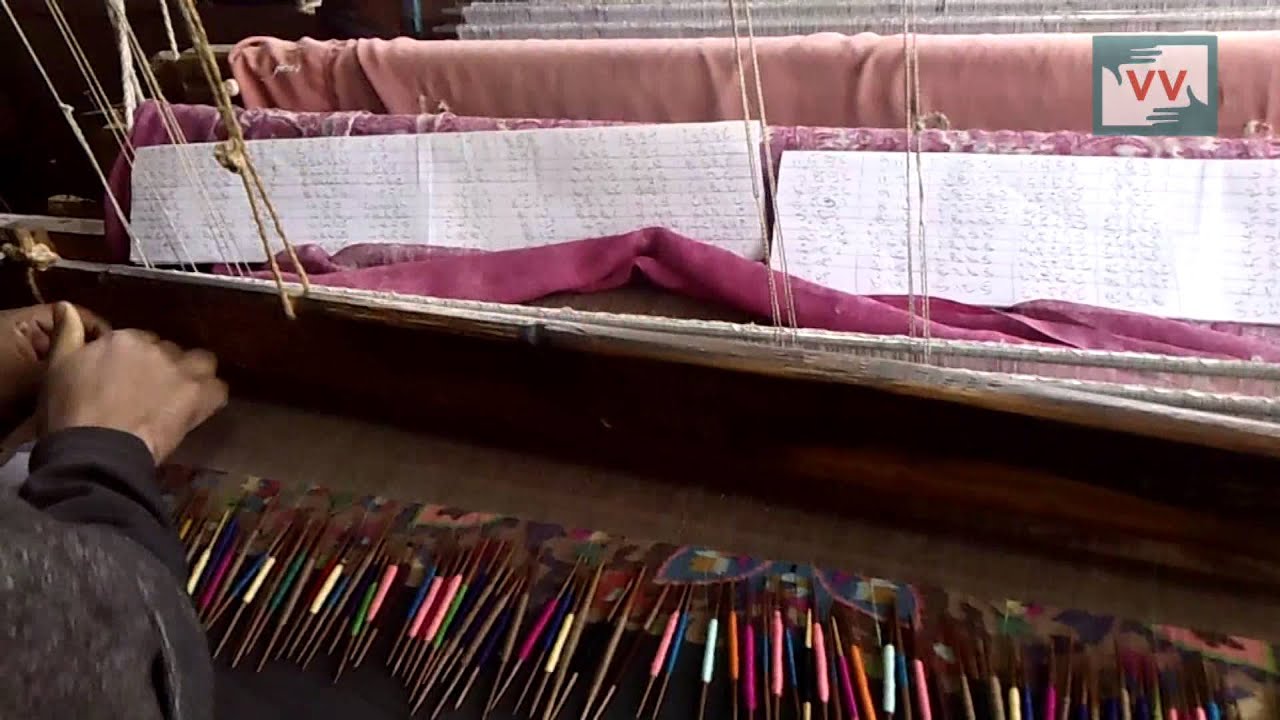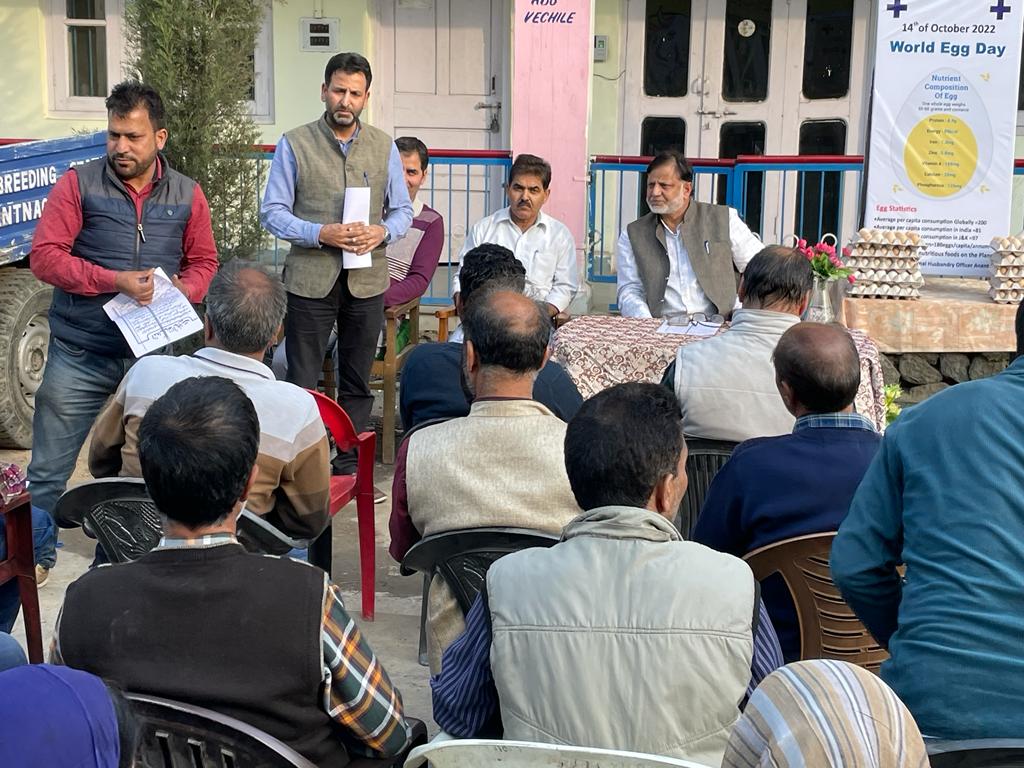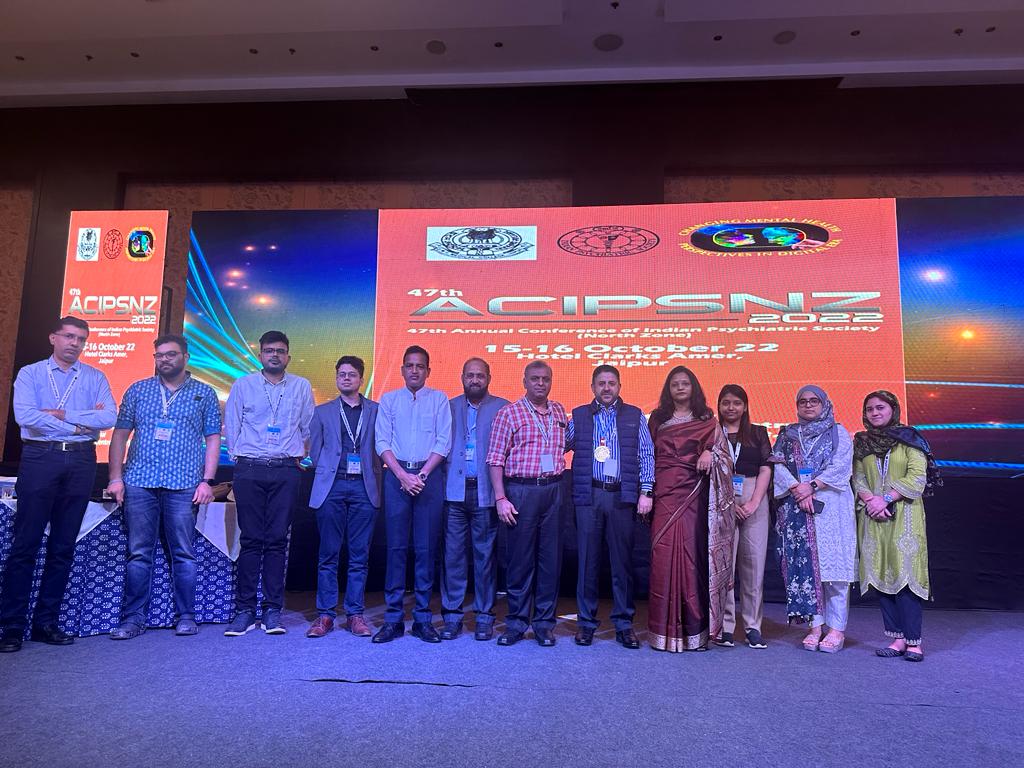Budgam, Oct 16: Young girls from Gotipora village of Central Kashmir’s Budgam district are striving to keep the tradition of weaving Kani Shawl alive.
TawheedaAkther, 26, and five other girls from Gotipora have been weaving Kani Shawl from past many years.
Besides keeping the tradition alive, the girls derive their livelihood from Kani Shawl weaving.
Gotipora is a small village falling under Khansahib tehsil of Budgam district.
Here few artisans includingTawheeda, weave traditional Kani shawls on wooden looms and kanis (sticks) to make their ends meet.
The craft has attracted few college girls who earn to sponsor their education and also support their families with the earnings.
Speaking to Rising Kashmir Tawheeda said that she constituted a SHG with other girls under NRLM.
” A training session was arranged for us and a loan of rupees 8 lakh was given to the SHG with which we purchased raw material and other things to set up our own Kani shawl weaving unit in 2014″ Akther said.
The members earn around rupees 20,000 each which is a decent amount in this village where majority falls below poverty line.
Their SHG provided hands on training to a number college girls who started earning for themselves and their families.
ZanibAkther, one such college girl cum Kani shawl artisan said that the weaving of Kani shawls is very much like carpet weaving. The design for Kani weaving, instead of being imprinted or stamped over the shawl itself, is written in a coded language, called “Talim,” on graph paper. The coded pattern is prepared by a master weaver.
She said that weaving is suitable part time for her which takes up at her own pace and time.
“After we failed to find any government or private jobs in our district, then we started our work, where we are working independently, but we are also providing full financial support to our families,” she said with a smile.
“We started as a small unit and now we have the idea of taking it to new heights since having a traditional and cultural value which unfortunately we people have forgotten,” zanib concluded.








